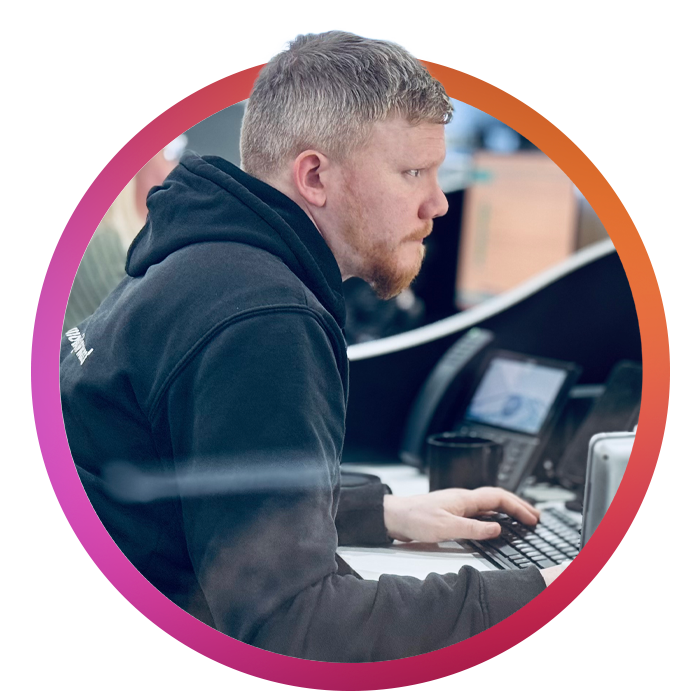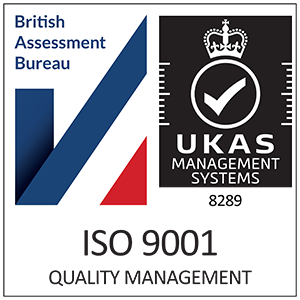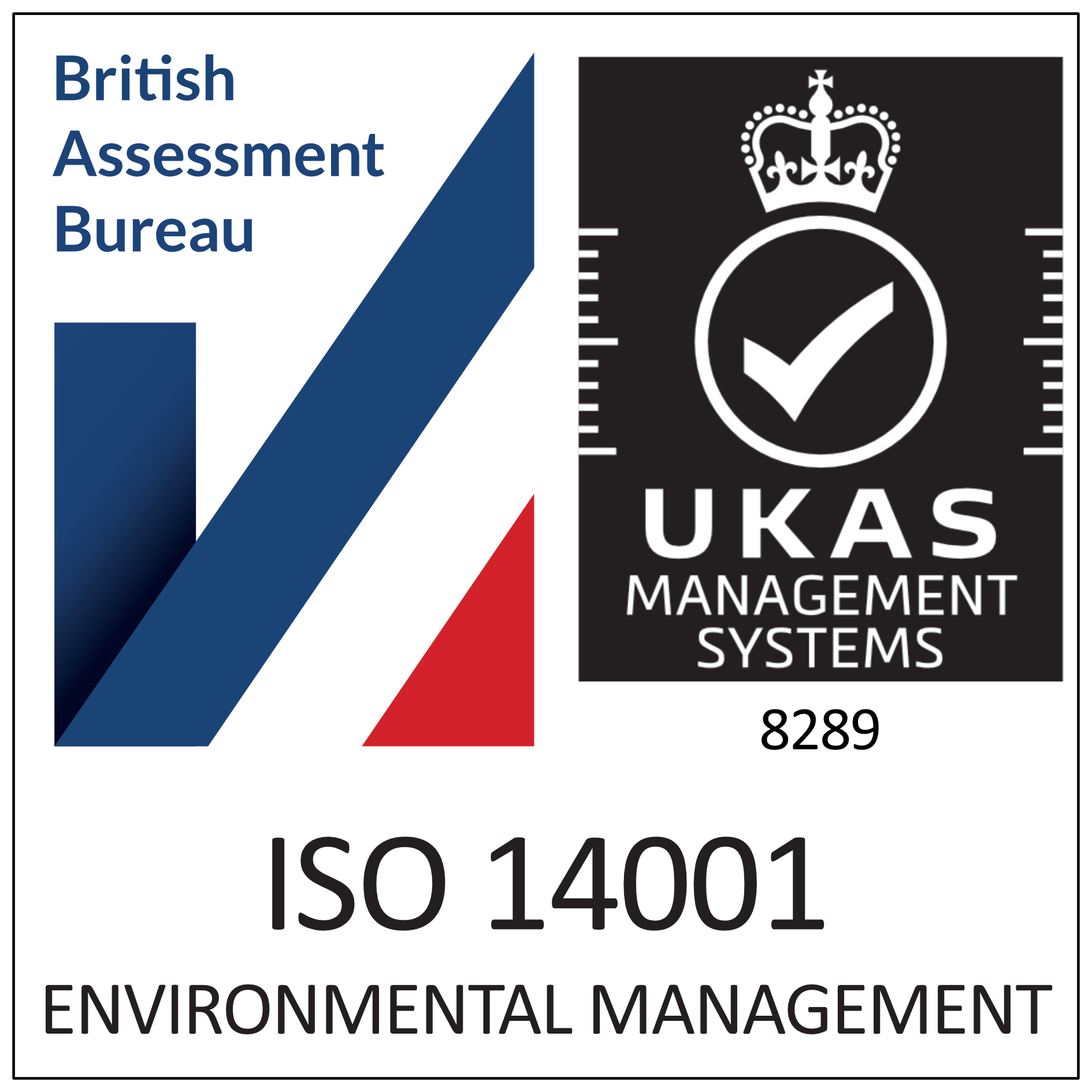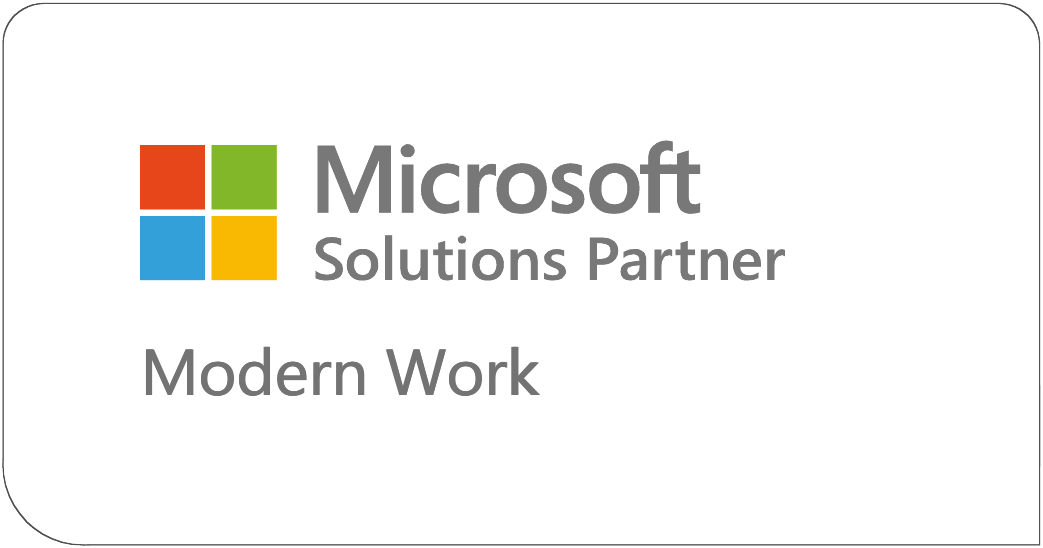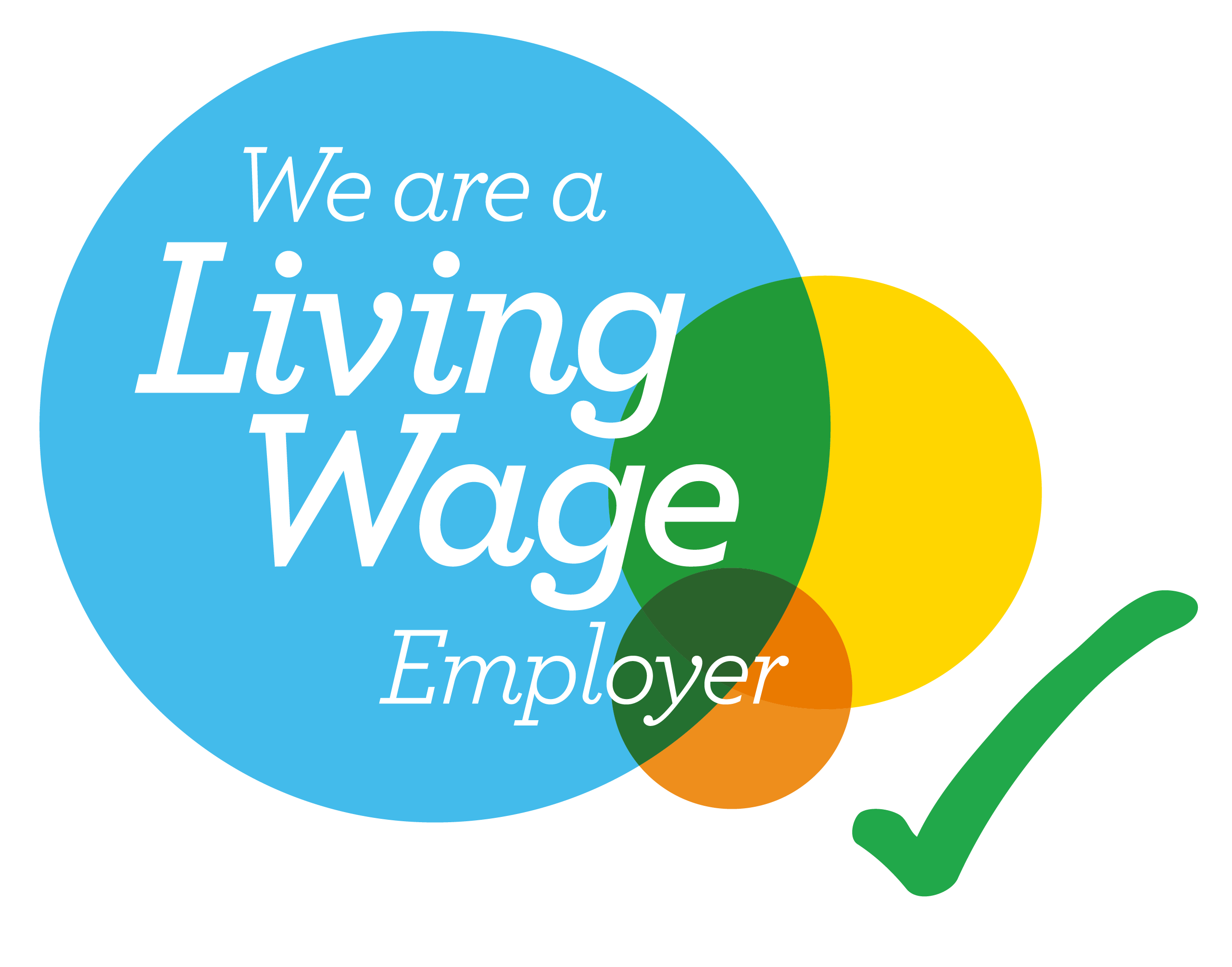Far from being a luxury reserved for large corporations, AI is now accessible and beneficial for businesses of all sizes.
Everything’s getting quicker… AI is omnipresent. It’s a game changer, a fad, an expensive luxury, an end-of-the-world facilitator… take your pick. To me, it has emerged as a game-changer for small and medium-sized enterprises (SMEs). Far from being a luxury reserved for large corporations, AI is now accessible and beneficial for businesses of all sizes. At Silver Cloud, we are well on the journey of using Generative AI in all areas of our MSP business – behind the scenes managing and at the sharp end improving customer experience. We are also helping our customers on their own adoption journeys, working with partners such as Microsoft and Ingram Micro and Gamma.
Our business strategy is now wedded to the AI revolution. We believe it’s clear that organisations that embrace AI will not only have a significant competitive advantage, but many roles will be replaced by individuals who use AI tools… “use AI tools” – read that again, that’s the point.
First up is boosting efficiency and productivity. Small firms can cut operational costs by up to 30% using AI. You may already have seen examples of AI technologies that can automate repetitive tasks, streamline operations, and optimise workflows. This automation allows you to redirect your valuable time and resources to make an existing experience better. Or to just handle customer enquiries, schedule management, or bookkeeping, freeing up you or your team to focus on growth-oriented tasks. It has been found that AI can handle up to 45% of business processes in SMEs, freeing up valuable time for employees to focus on more strategic activities. A large percentage of this is due to routine tasks such as data entry, scheduling, and invoicing being automated, reducing human error and increasing efficiency. Productivity gains of up to 66% have been reported by small companies embracing AI-powered automation.
Then there’s cost saving and improved decision-making through using AI tools such as Microsoft’s COPILOTto make better-informed decisions more quickly. We have always had data-driven decisions, but sometimes it’s hard to start and takes too long. AI can provide a quick start in this area, leading to better outcomes and reduced risks.
As a team member of a Managed Service Business, our reputation is largely built on Customer Experience. We are experiencing firsthand how AI tools can help us provide more personalised customer interactions, improving satisfaction and loyalty. From chatbots offering 24/7 support to AI-driven marketing campaigns, we can deliver a level of service previously only possible for larger enterprises. Our customers are validating this too as we help them adopt technologies as part of their digital transformation that many started 5 years ago with the adoption of Microsoft Teams and the Modern Workplace family of products.
AI is a leveler in more ways than one. It can allow you to compete more effectively with larger companies and achieve levels of efficiency and innovation that were once out of reach for all but the largest enterprises.
All the evidence is that this is accelerating. Nearly 50% of small businesses started using AI tools in the past year, with 29% having used them for one to two years. I think this trend is just going to gather momentum. Those who delay may find themselves at a significant disadvantage… they will be left behind.
So, being an admitted AI fan-boy, I have also learned that “nobody knows it all”, and expert coaching in this area is important. My organisation is currently working with a leading AI specialist illuminateAI to embrace the opportunity internally and ensure we are providing the best experience for our customers. This is in parallel to working with our tech partners and customers to ensure we provide access to the broad emerging capability that sits in all areas of our business, including comms, connectivity, cyber, and managed service.
From our own experience, while the benefits of AI are clear, implementing it effectively requires expertise. SMEs should not hesitate to seek assistance from AI specialists or consultants. These experts can help identify the most suitable AI solutions, ensure smooth integration with existing systems, and provide training to staff.
Does your organisation have an AI policy? Do you think you even need one? Every organisation using AI needs a solid policy in place – I’d suggest pretty soon that will be every organisation. Your policy should help you stay on the right side of the law, protect your sensitive info, and make sure you’re using AI fairly and ethically. It’s not just a defensive play, though. A good AI policy can facilitate innovation, giving your team clear guidelines on how to use AI to boost your business. It helps everyone in the company understand their role in the AI-powered world. Plus, it shows your customers and partners that you’re serious about using AI responsibly. Ultimately, and not too far away, just like GDPR or a Password Policy, having an AI policy will be a must-have for staying competitive and trustworthy in today’s world.
Back to the Future…
I am on the wrong side of 50, so just like the earlier days of the Internet when I was selling online advertising technology to traditional retailers and manufacturers, I am hearing the same anecdotes: it’s a fad, it’s just for the techies and geeks, we can’t afford it, and most frightening to me, “let’s wait and see”. You don’t have the luxury. And just like the World Wide Web, successful AI adoption goes beyond just the technology itself – it’s still about change management and education to recognise the benefits and minimise resistance.
So, if AI is not on your 2025 employee engagement plan, or indeed your plan per se… I might suggest it should be… it’s really just an extension of that ‘Digital-First Mindset’ you bought into a few years ago, right? That culture that embraces technology and is crucial for successful AI integration needs to permeate throughout the organisation, not just your top team.
There are loads of real-world success stories for smaller businesses embracing AI… to me, it can’t be a wait-and-see spectator sport – you don’t have the time. SMEs that watch from the sidelines will be left behind.
So, the big stuff is happening in 2025. AI will continue to drive advances in supercomputing, weather forecasting, and scientific research – and in turn, AI tools will have a measurable impact on addressing huge problems like designing sustainable materials and accelerating the development of life-saving drugs.
Be Happier
But back in your organisation, I think it can not only save/make you money, keep you competitive and in the game… but my favorite stat is AI can indeed improve the workplace experience and ultimately make you happier and more content… or just reduce stress.
AI has the potential to significantly enhance our happiness at work by automating the mundane and tedious tasks, freeing up your employees to focus on more meaningful and fulfilling work. I have largely stopped writing meeting notes and spending time writing up follow-ups and looking back at schedules and tasks… to concentrate on higher-value work that requires critical thinking and creativity – bottom line I have got some time back and look smarter and more organised to my colleagues (that’s a win).
So I have some time back, then it’s up to me how I use it – more work…
As the main man at Microsoft said “AI can free us from tedious tasks, allowing us to focus on our creativity and innovation.” – Satya Nadella (Microsoft CEO).
Bridging that Generational Gap… which Gen are You?
Finally, AI tools could be your game-changer if you run a small or medium-sized business and are struggling to share knowledge between different generations. Imagine having a smart assistant that helps your experienced staff easily pass on their wisdom to the younger crowd, and vice versa. AI can create personalised learning and communication experiences, so everyone learns in a way that suits them best. Plus, it can help bridge that tech gap – making new tools less daunting for older employees and giving younger ones a chance to shine by helping. The best part? It’s not just about keeping knowledge in the company (that’s why you need that AI Policy…); it’s about creating a workplace where everyone, regardless of age, feels valued and can contribute their unique skills. For smaller businesses, this means better teamwork, less knowledge loss when people retire, and a more adaptable workforce. It’s like giving your business a superpower to attract talent, stay competitive, and innovative.
